Global Warming: Do We Share Responsibility With the Sun?
Published March 9 2021, 2:12 p.m. ET
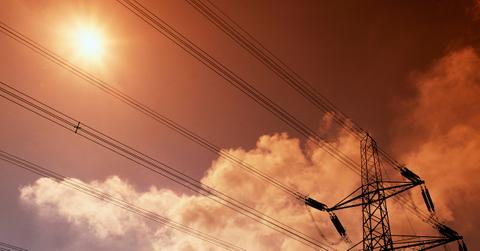
As odd as it might sound to some of us, the sun isn’t the only contributing factor to the gradual warming of the planet. Yes, the sun provides us with all the light and heat that we will ever need, but that does not necessarily mean that the sun is causing global warming. In fact, the real contributing factors to global warming are actually much closer to home.
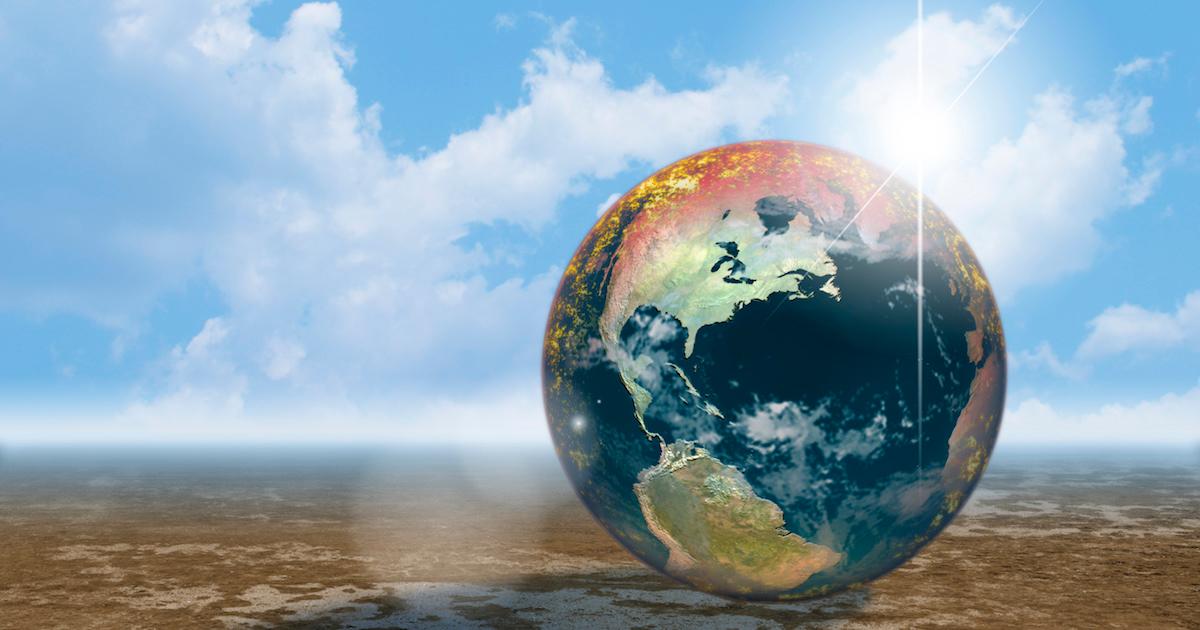
Is the sun causing global warming?
The answer is somewhat complicated. Yes, according to NASA, the sun can have an influence over Earth’s climate. That said, it is not the only factor contributing to the warming trend of the past half-century, and certainly not in the last few decades.
Over time, subtle changes in Earth’s orbit around the sun have led to great shifts in global climate, i.e. the different ice ages. But the recent accelerated warming that we have witnessed in the past 50 years is something entirely different.
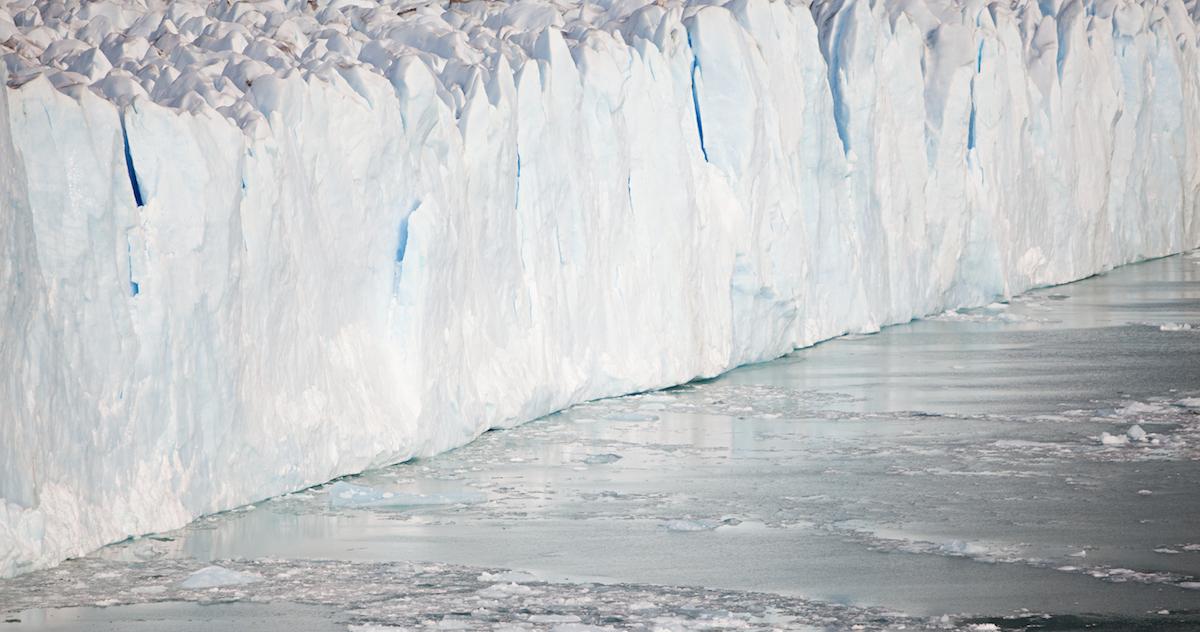
How do we know the sun is not responsible?
According to NASA, scientists have been tracking solar energy through satellites since 1978. In that time, they have seen no marked increase in the amount of solar energy that reaches our planet. This means that the warming is coming from inside Earth's upper stratosphere, and is due to a buildup of heat-trapping greenhouse gases.
This evidence was confirmed by the National Oceanic and Atmospheric Administration (NOAA), whose satellites and weather balloons noticed that warming in the lower atmosphere cooled when it reached the upper stratosphere — right where they would have expected it to. Unfortunately, this proof does nothing to minimize the atmospheric impact that these rising temperatures continue to have on the global climate.
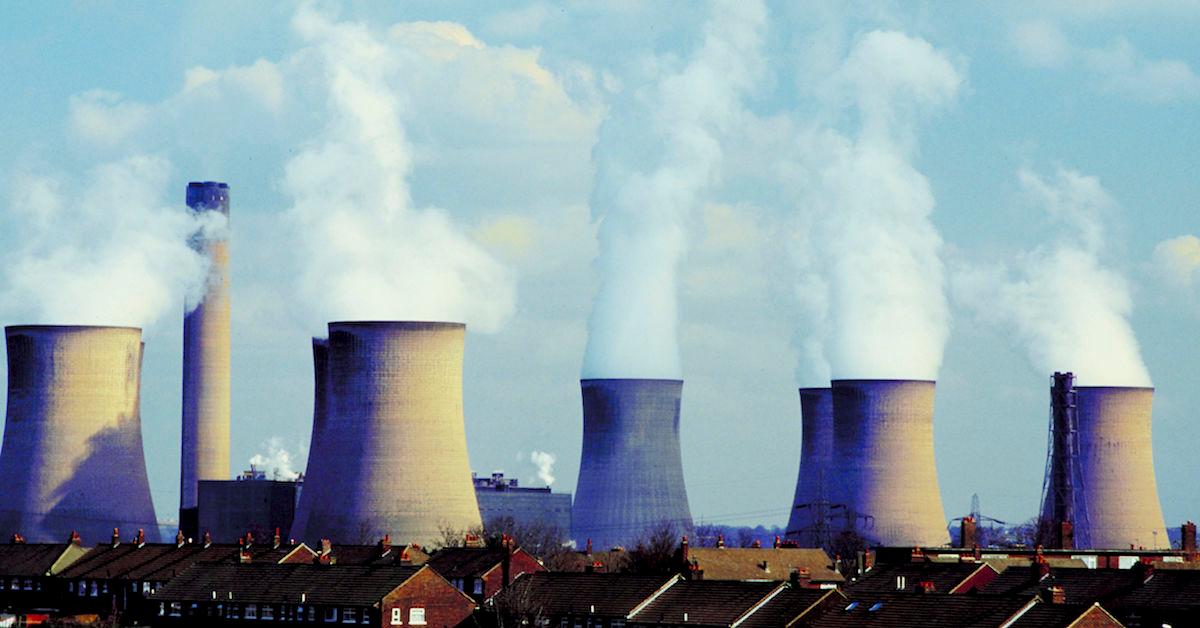
What really causes global warming?
We do. Human activity is the number one reason for global warming. We belch smog into the air from our cars, factories, and power plants. We spray harmful hydrofluorocarbons up into the air, slowly depleting the ozone layer. We cut down entire forest ecosystems to build our homes, power our civilization, and grow our food and livestock.
According to NASA, the warming caused by our burning fossil fuels is over 50 times greater than the mild extra warmth given off by the sun during its solar cycles. These cycles only play a minor role in global warming, in general, especially when compared to modern records. The only way the sun could be held responsible would be if its energy output somehow spiked. Though that seems unlikely to happen without us knowing in advance.
The worst part is, the warmer it gets, the more the polar ice caps begin to melt, changing sea levels, warming oceans, and releasing more carbon dioxide up into the atmosphere. This, in turn, makes the planet warmer. This is what’s known as a climate feedback loop, and the start of the cycle all begins with us.
That said, it's important to note that when we burn fossil fuels, the thing heating up our planet as part of the greenhouse effect is the sun. So while the excess heat on Earth may come from the sun, it's not the sun's fault — it's ours.
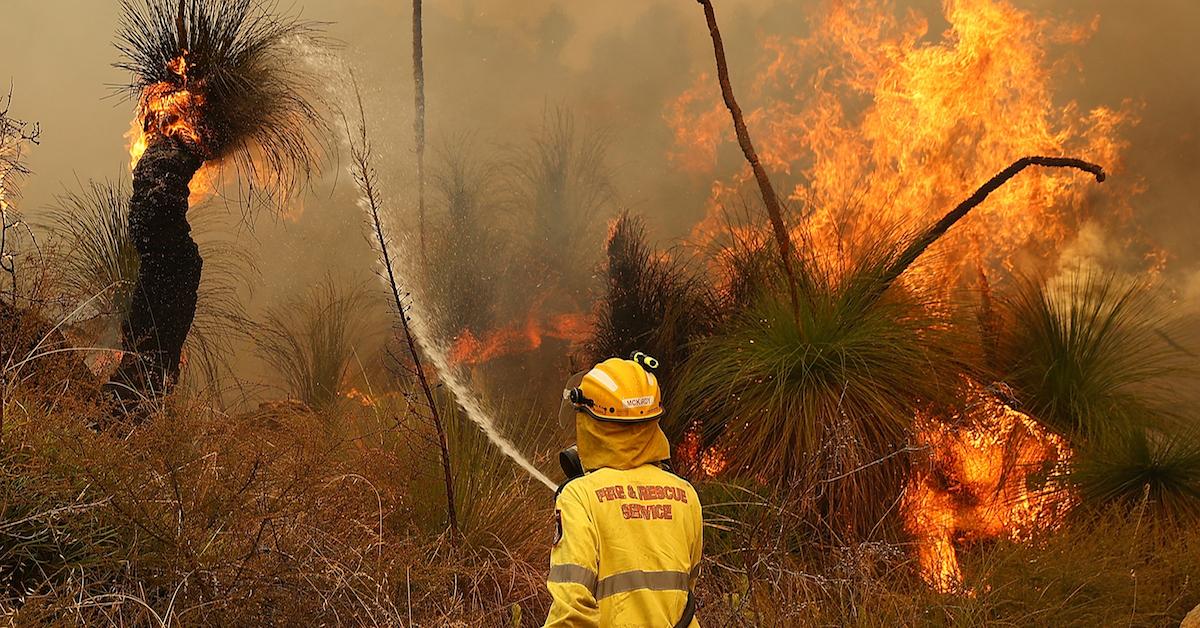
How do we prevent global warming?
The only way to truly prevent global warming is to make widespread changes. The global community, as a whole, must shift away from fossil fuels and invest in clean, renewable sources of energy like hydroelectric, wind power, or, funnily enough, solar power. Reducing our species’ environmental footprint is the only way to slow down the warming that’s already been set in motion.